Everything from the cost of groceries to your job security can be impacted by economic instability. Specific indicators can point to impending economic difficulties, even though forecasting a recession is never a precise science. These are 20 alarming indicators that the world economy might enter another recession.
An increase in interest rates
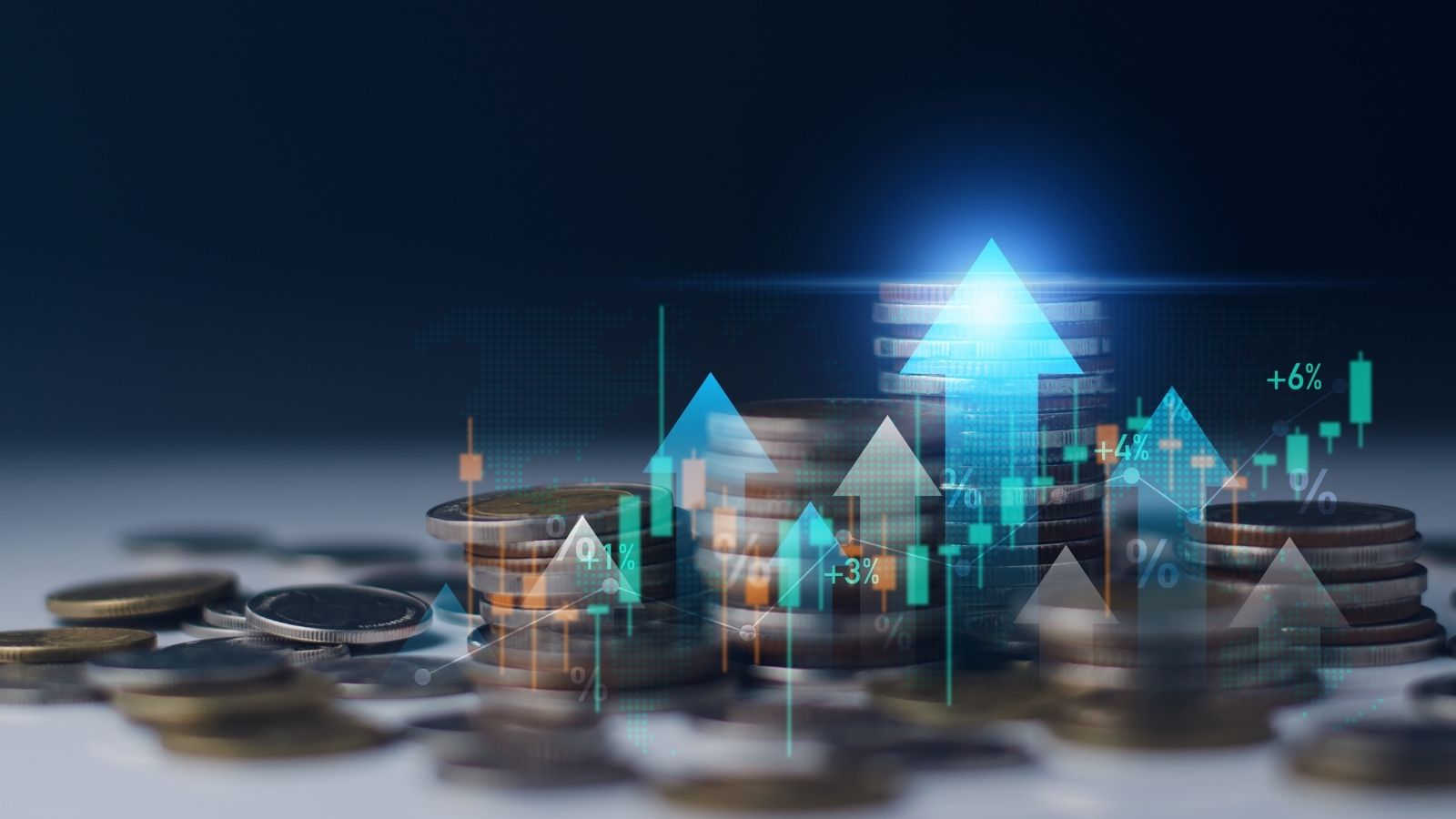
To combat inflation, interest rates have been rising globally, but this strategy can impede economic expansion. A downturn in economic activity could result from businesses and consumers cutting back on investment and spending as borrowing costs rise.
Wage Growth Is Not Keeping Up With Inflation
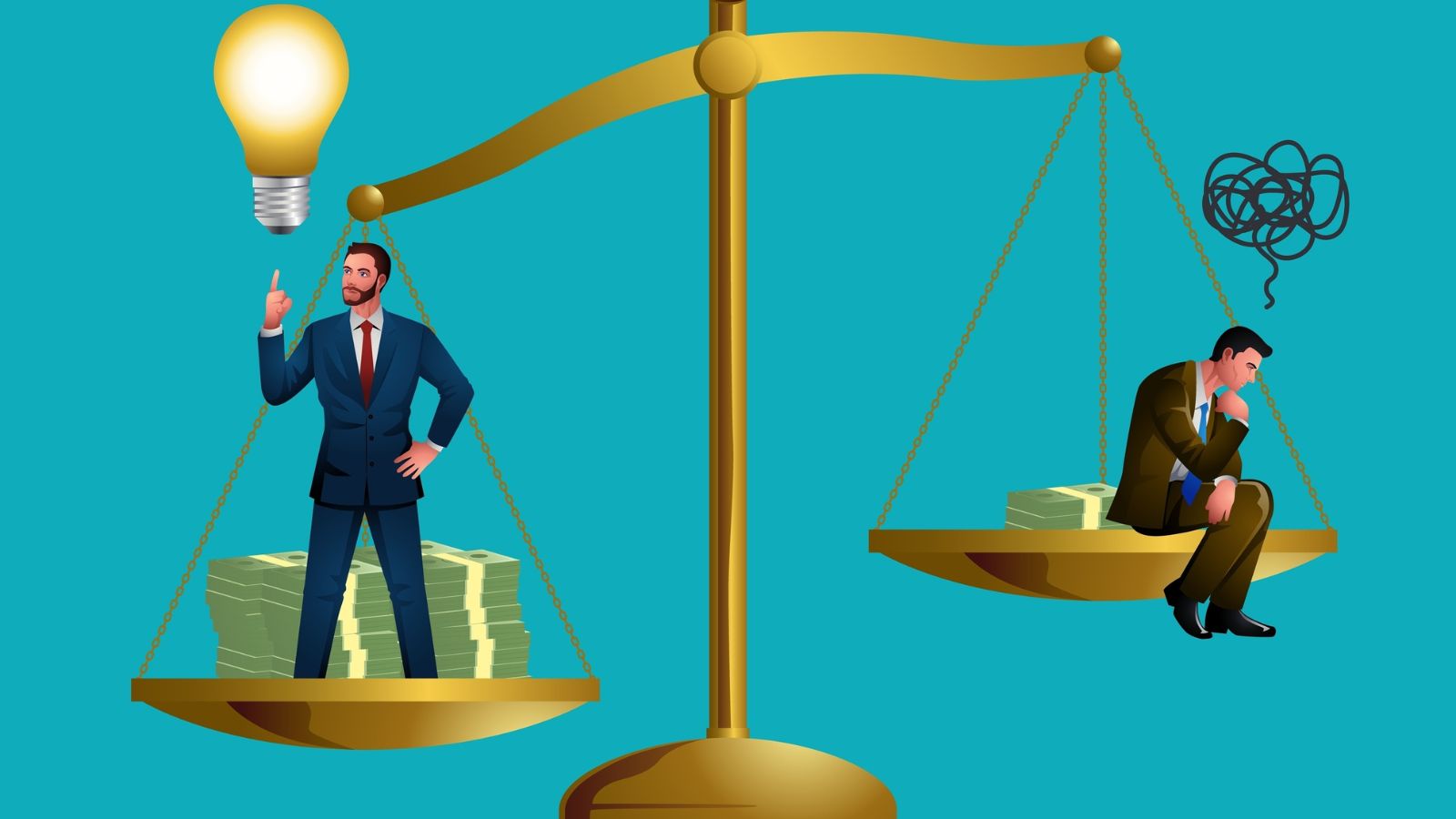
Despite the sharp increase in inflation, salaries have not kept up. People’s ability to pay for essentials like food, fuel, and housing is weakened, which lowers their purchasing power. When customers cut back on spending, businesses see a decline in demand, which may result in job losses and a more general economic slowdown.
Volatility of the Stock Market
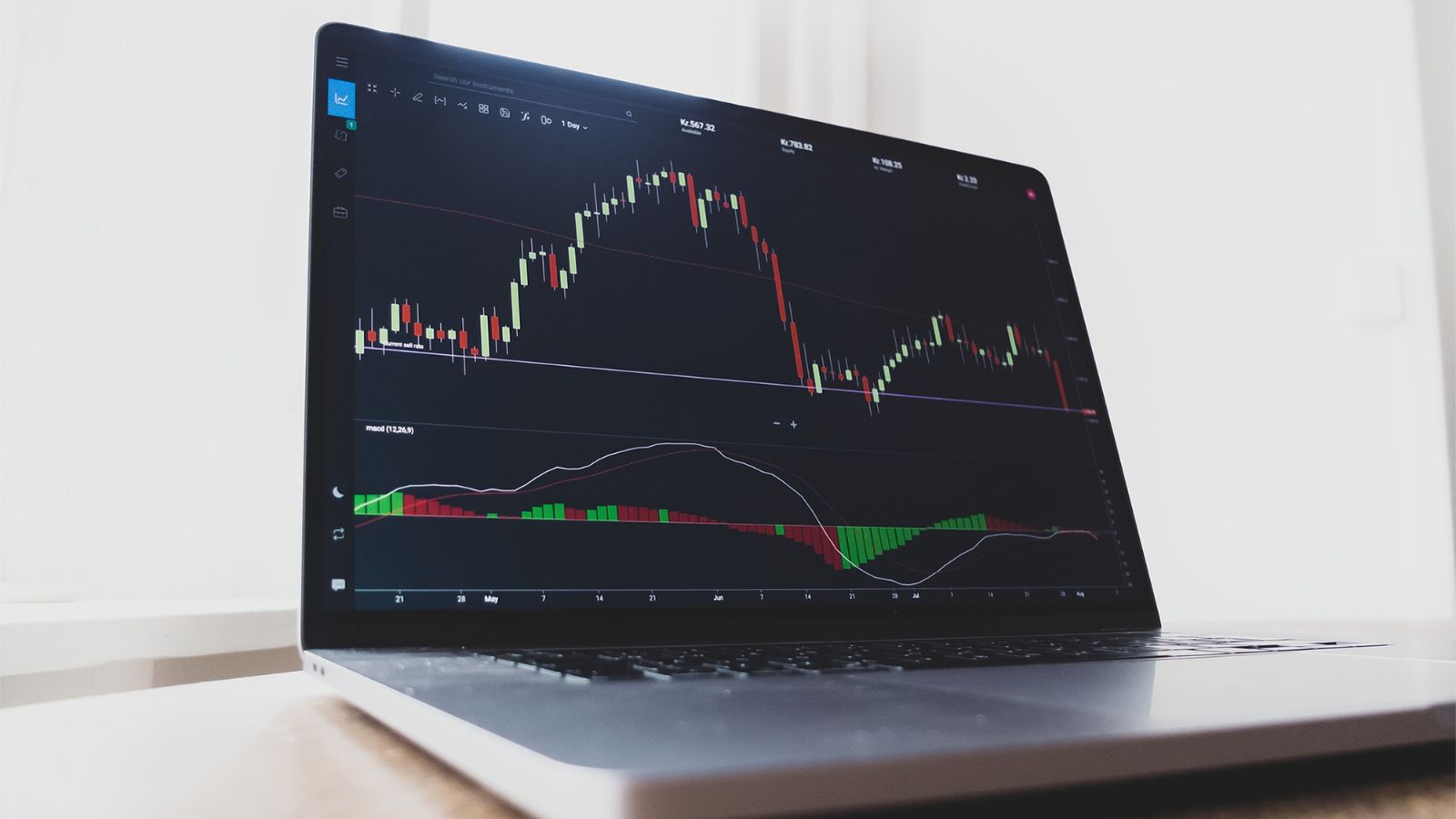
Economic instability frequently precedes significant stock market fluctuations. Stocks may be sold off when investor confidence declines due to extremely volatile markets. This decline in wealth impacts investment portfolios and retirement savings, further slowing economic growth.
Disruptions in the Supply Chain

Recent geopolitical conflicts have only exacerbated the pandemic’s effects on global supply networks. From electronics to basic commodities, disruptions in the supply chain are raising corporate expenses, increasing consumer prices, and causing inflation and economic uncertainty.
Growing Business Debt

When interest rates were low, many businesses took on a lot of debt, but now that rates are rising, the cost of repaying this debt is increasing. Companies with high debt levels may experience financial difficulty, resulting in layoffs, bankruptcies, and economic hardship.
A decline in customer confidence

A critical measure of the state of the economy is consumer confidence, which is currently declining. People are less likely to spend money on discretionary products when they lose faith in the economy, which affects firms and hinders growth in general. This drop in consumer confidence may be an indication of impending economic difficulties.
Slowdown in Global Trade

Geopolitical tensions and protectionist measures have contributed to a notable slowdown in global commerce. Due to trade restrictions, taxes, and sanctions, Countries find it more challenging to exchange products and services. This can hinder economic growth and raise the likelihood of a recession.
Energy Price hikes
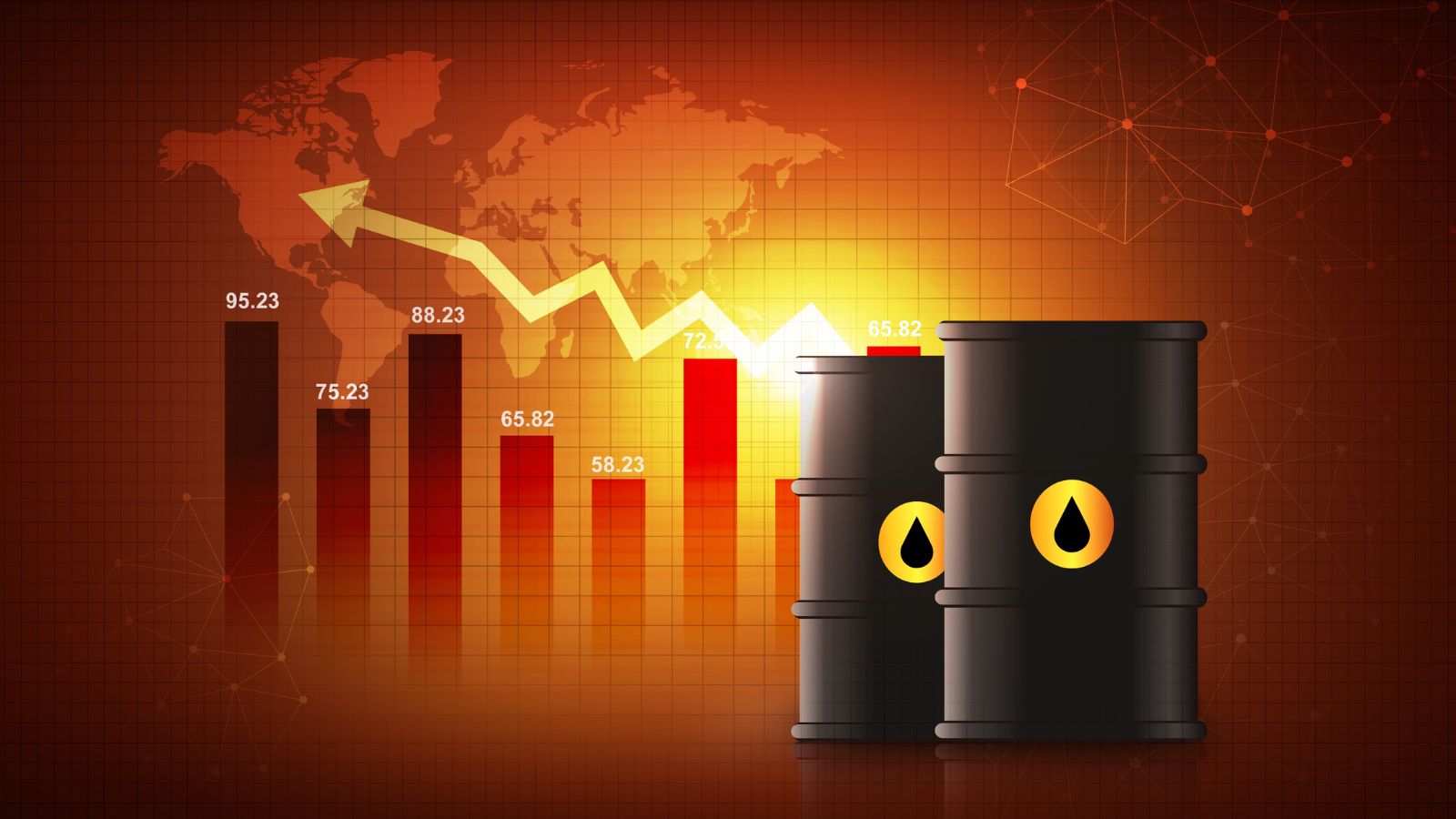
Energy costs have risen due to significant disruptions in the global energy market brought on by the conflict in Ukraine and other geopolitical developments. Economies are affected by rising energy prices, which raise production costs for companies and reduce consumer disposable money for other products and services.
Slow Job Growth

Job growth has been slow in several regions, although unemployment rates are still low. Due to growing expenses and dwindling demand, businesses may be reluctant to hire additional staff members. A slowdown in job growth might negatively impact consumer spending, which would further depress the economy.
Real Estate Market Decline
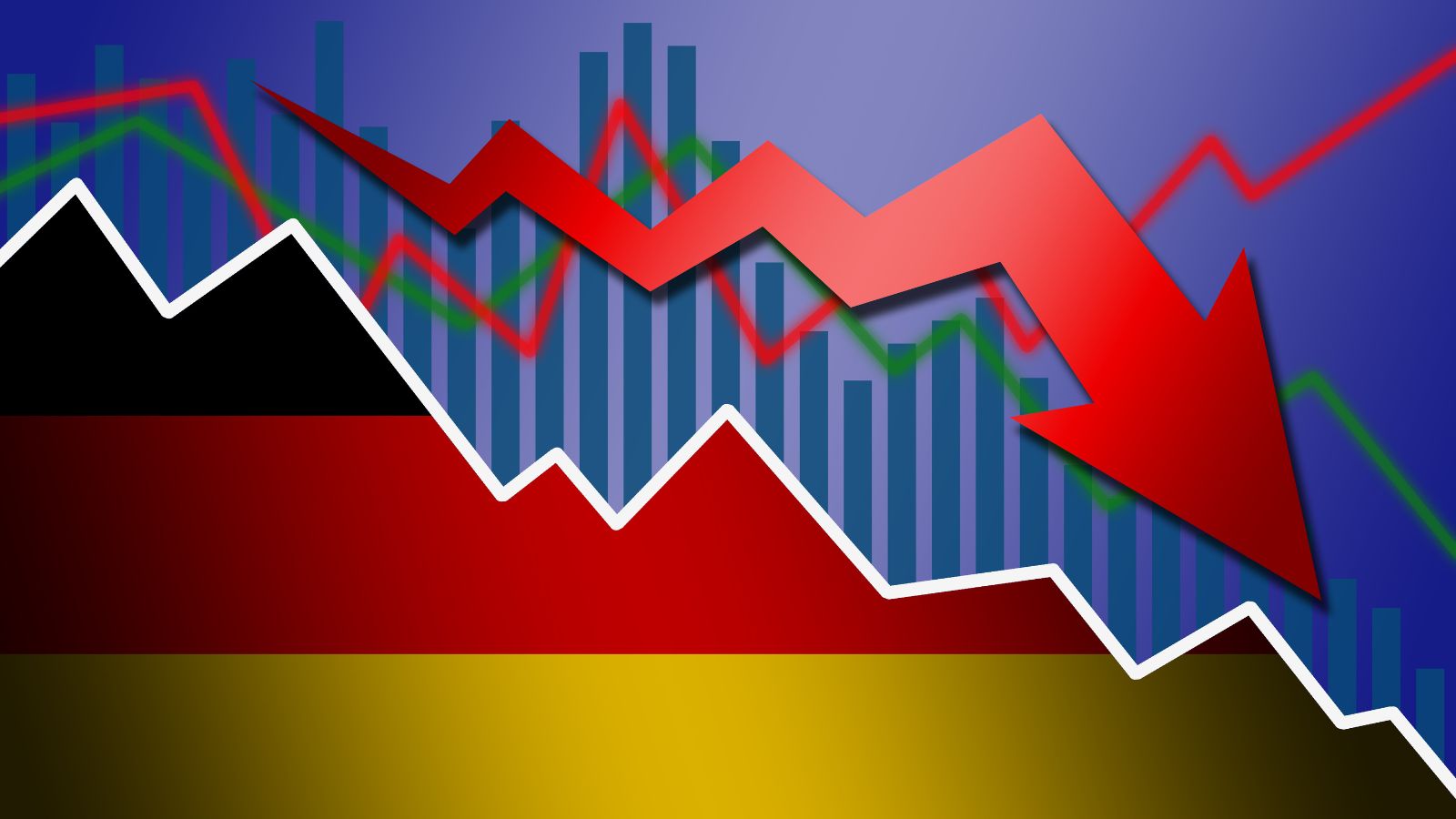
Although real estate has performed well recently, the market has cooled due to rising interest rates. A slowdown in building and a drop in home sales result from increasing mortgage rates that make owning less affordable. A sluggish housing market frequently portends more serious economic issues.
Inversion of the Yield Curve

The inversion of the yield curve, which happens when long-term interest rates drop below short-term rates, is one of the most accurate predictors of an impending recession. This inversion indicates investors’ concerns about the economy’s future. This has often foreshadowed a recession in the past.
Increasing Default Rates

Loan default rates rise in tandem with interest rates. Growing default rates indicate financial distress caused by people not making their mortgage payments or by companies defaulting on loans. Tighter lending requirements may result from this, making it even more difficult for individuals and companies to obtain loans.
Instability in Global Commodity Prices

Fluctuations in the prices of essential commodities like metals, wheat, and oil can bring economic uncertainty. Unpredictable commodity prices make it harder for firms to plan, which can impede investments and raise inflation, ultimately leading to a slump in the global economy.
Reduced Production Output
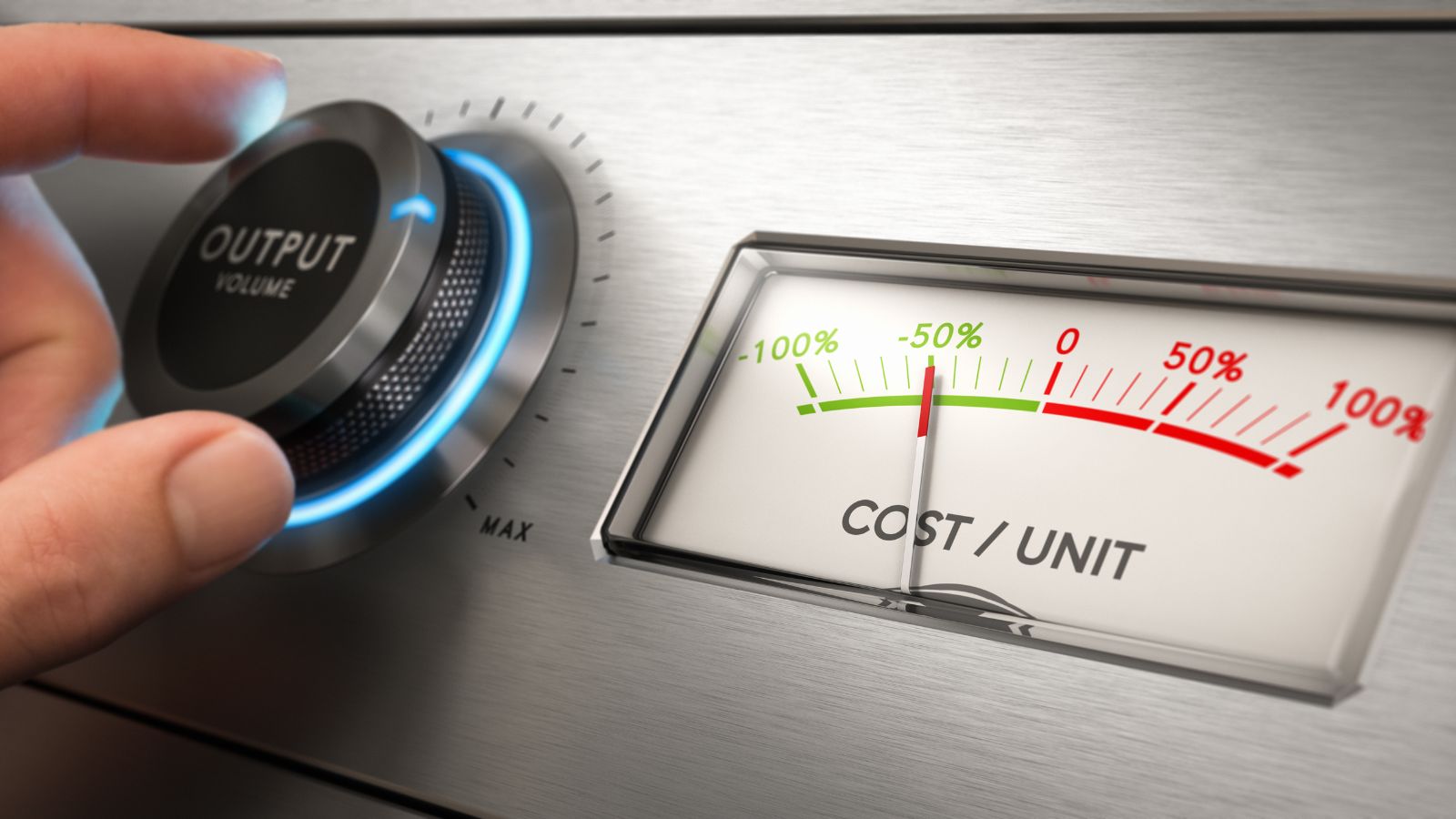
A critical measure of economic health is manufacturing production, which has been declining alarmingly in several nations recently. Factories are producing less because of supply chain interruptions, lower demand, and increased expenses. Because manufacturing is directly linked to employment and consumer expenditure, this decline in industrial output frequently signals the start of more general economic slowdowns.
Decrease in Capital Funds

Because of the increased uncertainty, businesses worldwide are reducing their capital investments. Companies are investing less in innovation, infrastructure, and technology as they prepare for economic challenges. Reduced productivity, fewer job possibilities, and a slowdown in long-term economic advancement are all consequences of this investment reduction, and they all point to possible recession concerns.
Low Consumer Spending
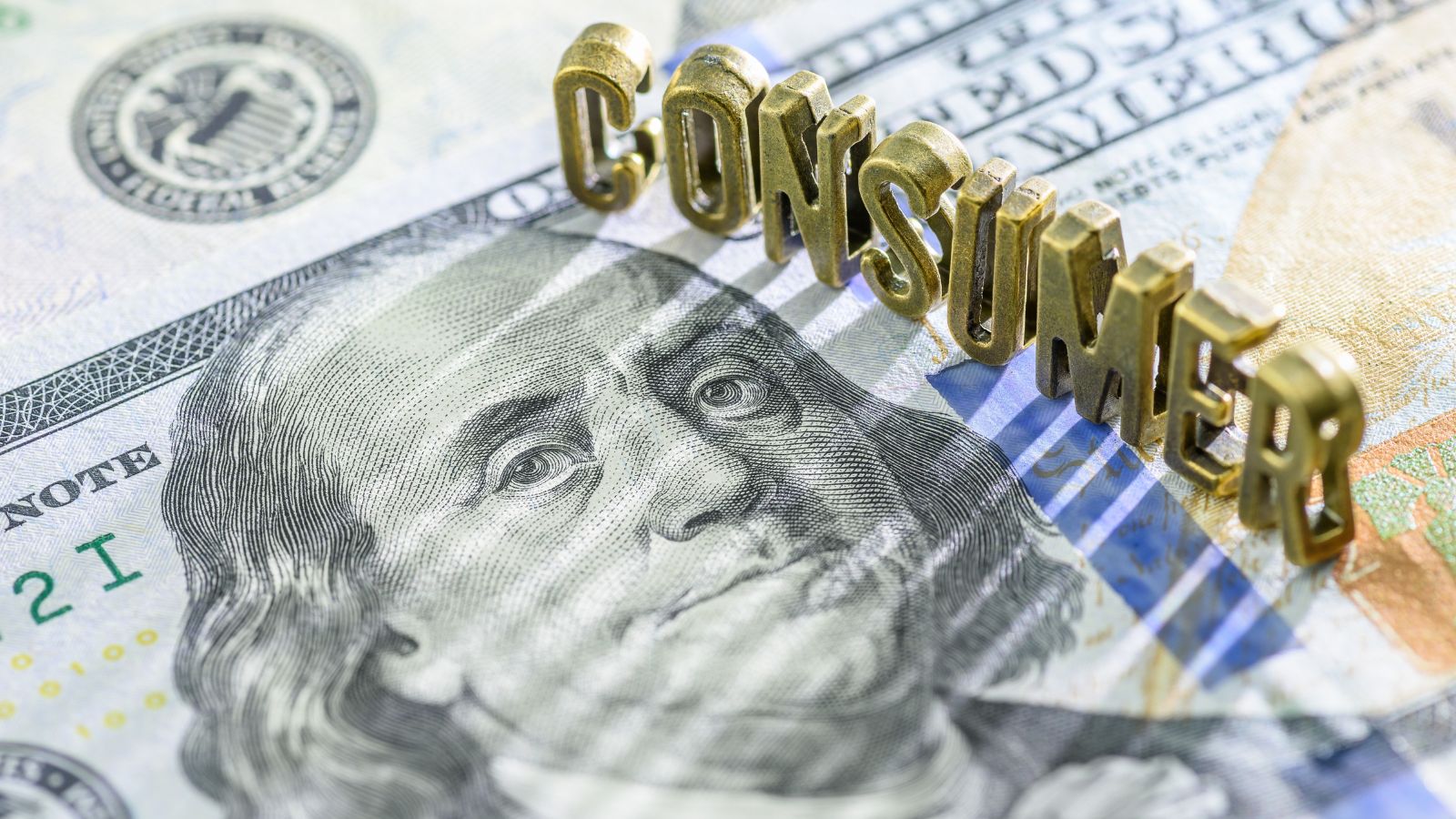
The global economy is driven mainly by consumers, and when they begin to reduce their spending, there may be a hint of problems ahead. People are being forced to make difficult decisions about where to spend their money due to high inflation, wage stagnation, and growing living expenses, which results in lower economic growth and less consumption.
Poor Business Profits

Many businesses, especially those in sectors susceptible to inflation and consumer spending, report lower-than-expected results. Companies struggle to retain profits in the face of declining demand and growing expenses, so when companies fall short of earnings projections, it may indicate that the economy is slowing down.
Geopolitical Tensions

Persistent geopolitical conflicts can significantly affect international markets, particularly those involving big economies. Military conflicts, trade wars, and sanctions disrupt international trade routes and supply systems, raising prices and creating economic uncertainty. This unpredictability may cause economies to enter a recession.
Banking Sector Stress

Rising interest rates and loan defaults strain banks’ balance sheets, so they are under more pressure than ever. A worse financial crisis may result, possibly igniting a recession, if financial institutions begin to restrict lending policies or suffer significant losses.
Central Bank Policy Uncertainty
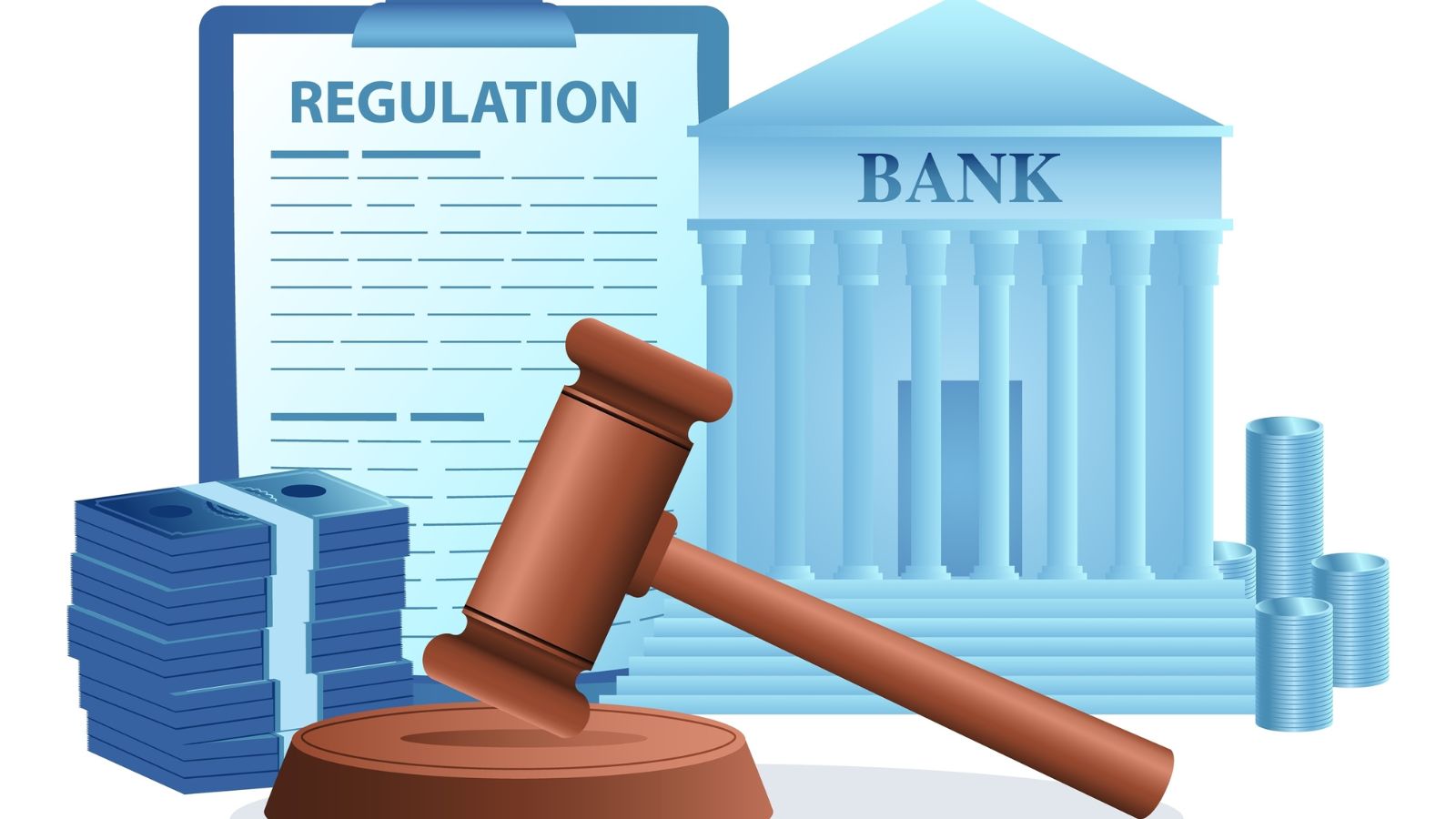
Although central banks are essential for controlling inflation and economic expansion, their policy decisions can occasionally breed ambiguity. A recession is more likely to occur if markets believe that central banks are raising interest rates too quickly or are not reacting quickly enough to inflation.
Conclusion
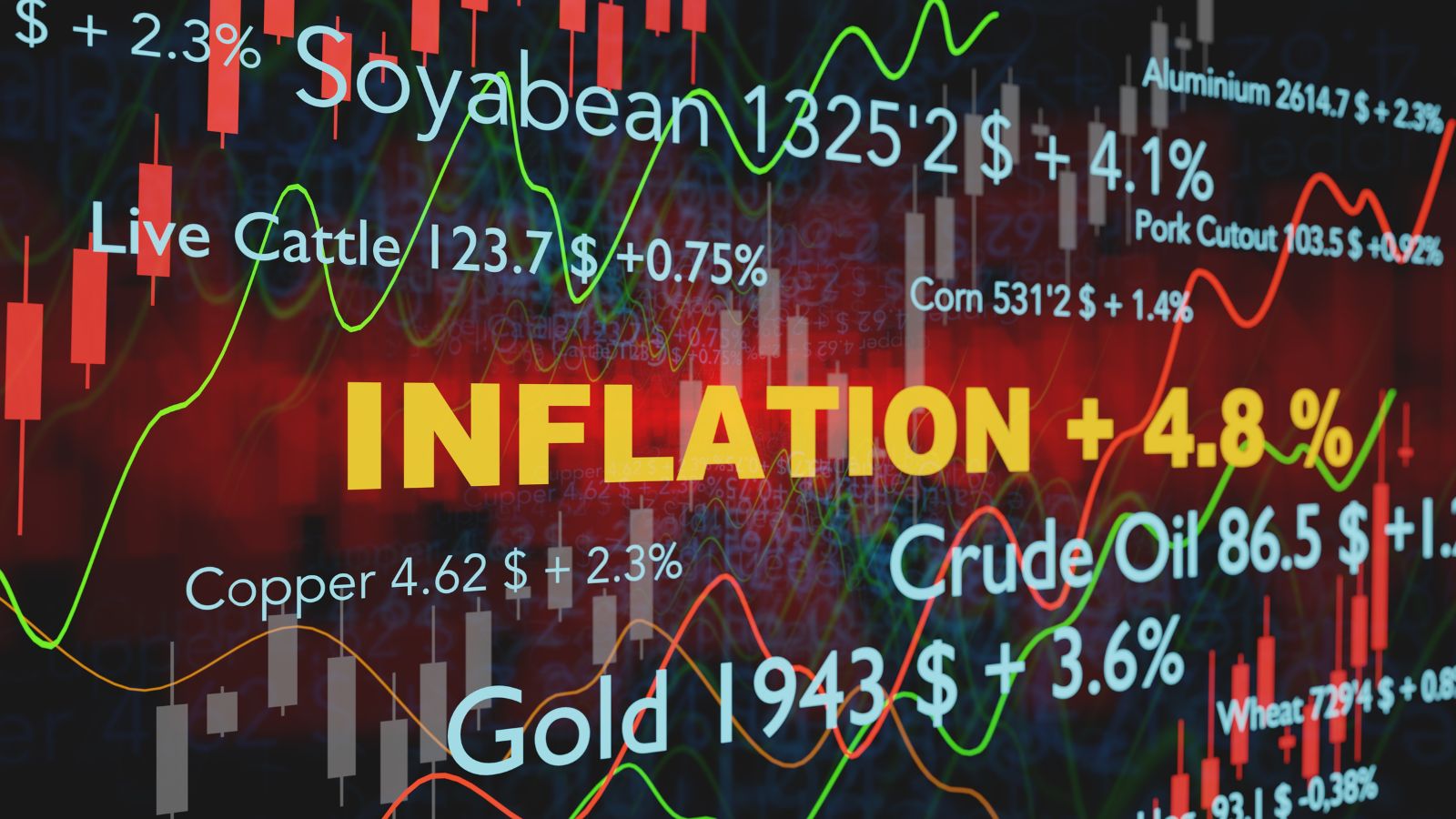
These indicators imply that the world economy is vulnerable, even if no one can confidently predict when the next recession will occur. The elements are coming together for a possible economic slump, from slowing consumer spending and geopolitical tensions to rising interest rates and inflation. Staying educated, making wise financial decisions, and being prepared are more crucial than ever for individuals and organizations.
18 Reasons Why People Are Leaving Florida in Masses

Exploring factors that impact the desirability of living in Florida, this list delves into various challenges shaping residents’ experiences. From environmental concerns like rising sea levels to economic factors such as fluctuating job markets, these issues collectively contribute to a nuanced understanding of the state’s appeal.
18 Reasons Why People Are Leaving Florida in Masses
